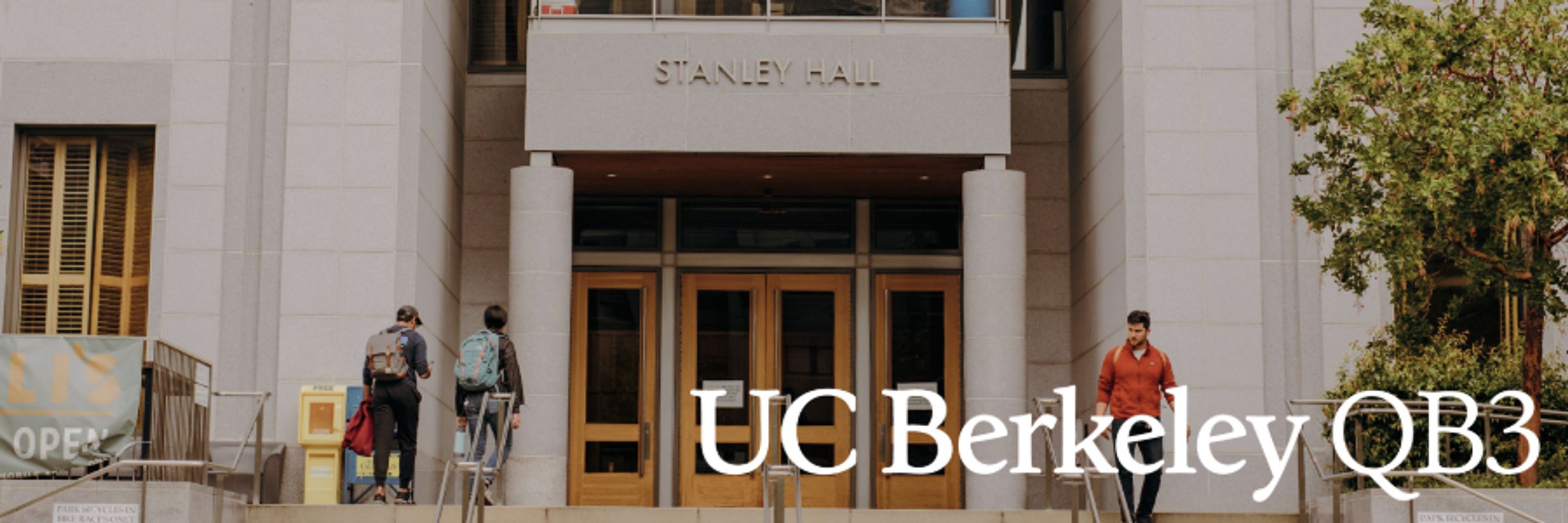
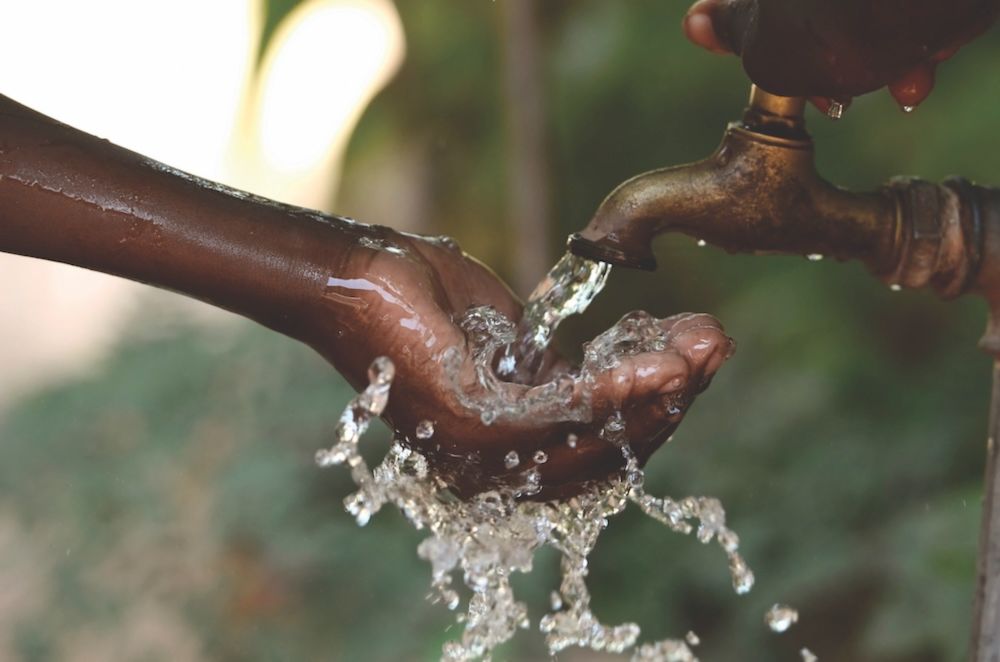
@qb3-berkeley.bsky.social

@qb3-berkeley.bsky.social


qb3.berkeley.edu/news/profess...

qb3.berkeley.edu/news/profess...





Read our interview: qb3.berkeley.edu/news/faculty...

Read our interview: qb3.berkeley.edu/news/faculty...
A well-deserved honor! Her discoveries have revolutionized gene editing and transformed the future of medicine. cen.acs.org/people/award...
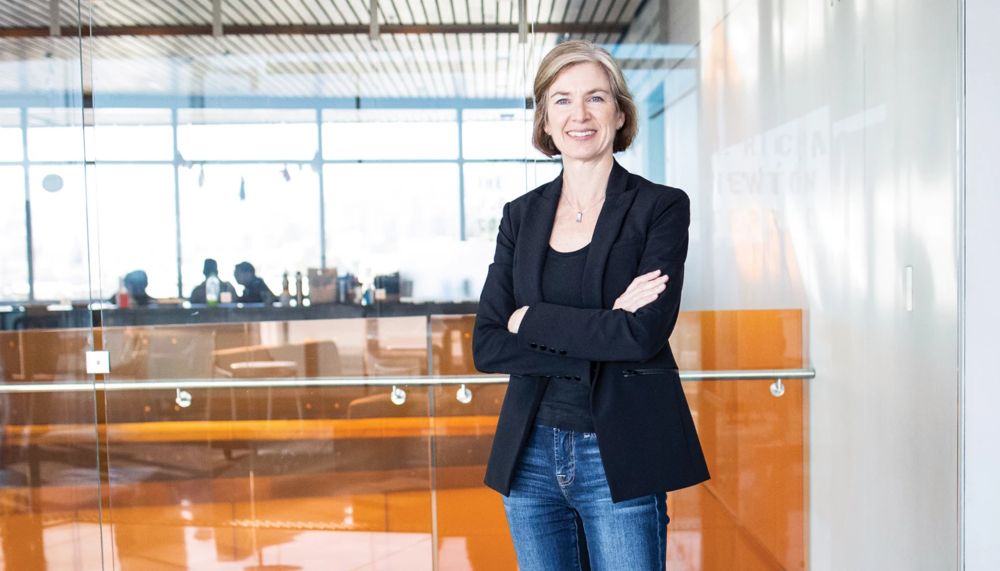
A well-deserved honor! Her discoveries have revolutionized gene editing and transformed the future of medicine. cen.acs.org/people/award...
Postdocs @lauritsskov.bsky.social and @ekerdoncuff.bsky.social traced Indian's ancestry to three main sources. Read the findings in this story by grad student Jules Perez: bit.ly/3IK46vh
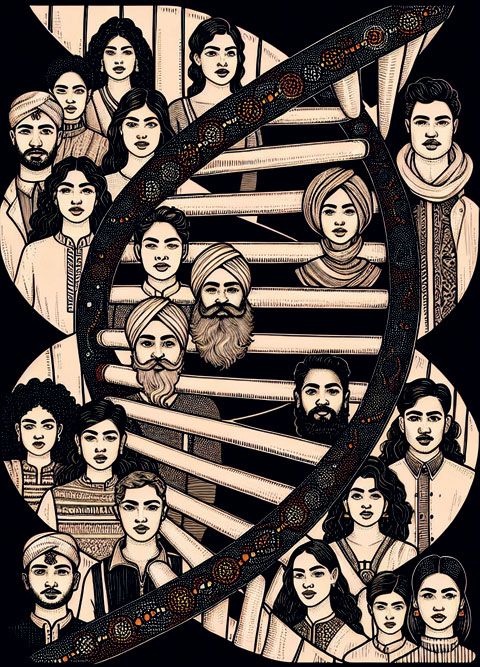
Postdocs @lauritsskov.bsky.social and @ekerdoncuff.bsky.social traced Indian's ancestry to three main sources. Read the findings in this story by grad student Jules Perez: bit.ly/3IK46vh
The fellowship will support Usha's research on algal contributions to soil carbon cycling as she continues her work as a postdoc in Sabeeha Merchant's lab in @natureatcal.bsky.social.
Read more: bit.ly/lingappa-congrats
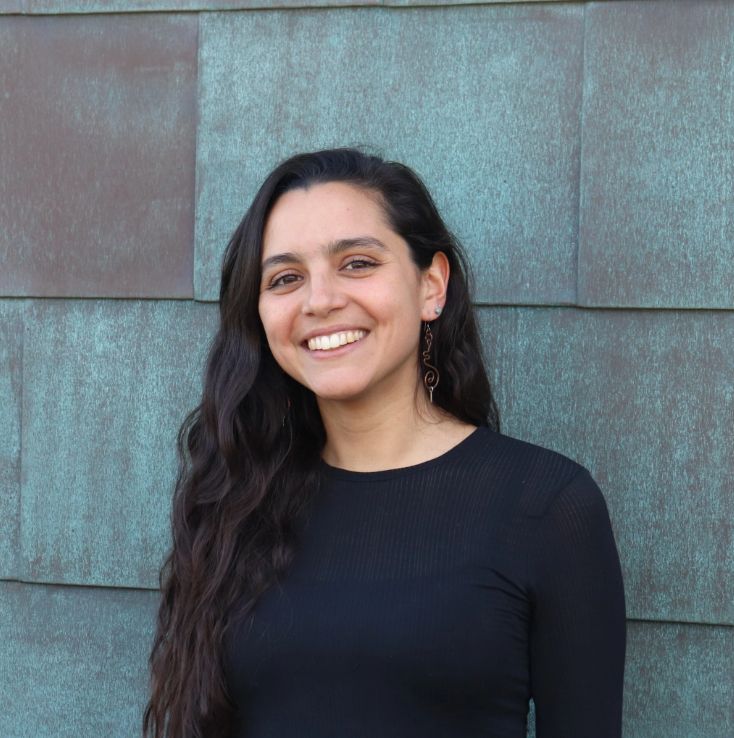
The fellowship will support Usha's research on algal contributions to soil carbon cycling as she continues her work as a postdoc in Sabeeha Merchant's lab in @natureatcal.bsky.social.
Read more: bit.ly/lingappa-congrats
The Sabeeha Merchant lab & @sunnyjoydupuis.bsky.social tracked them day & night. These tiny powerhouses prep for stress in their sleep—findings that could reshape how we see global carbon cycling.
Read more: bit.ly/QB3_algae
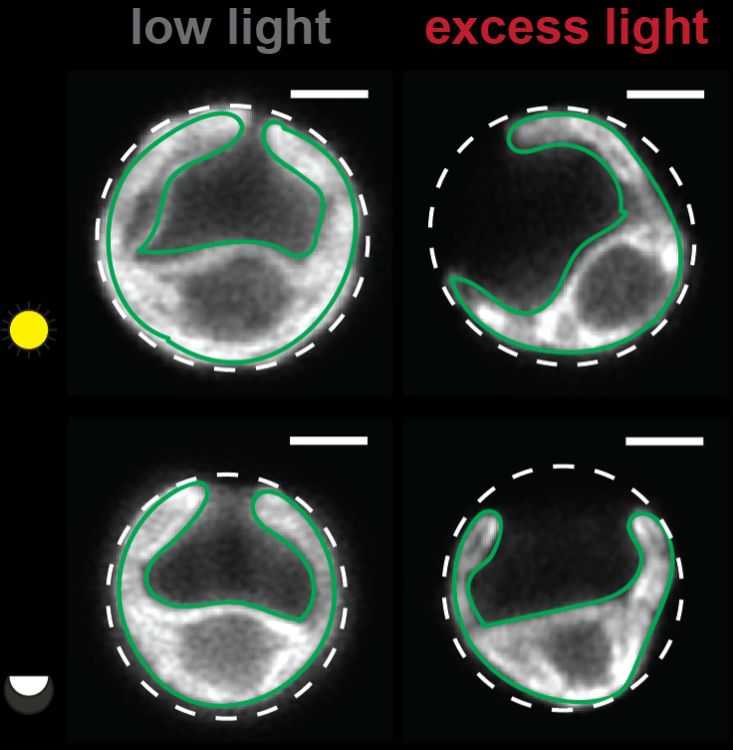
The Sabeeha Merchant lab & @sunnyjoydupuis.bsky.social tracked them day & night. These tiny powerhouses prep for stress in their sleep—findings that could reshape how we see global carbon cycling.
Read more: bit.ly/QB3_algae
📖 Full interview here: bit.ly/AltemoseQB3
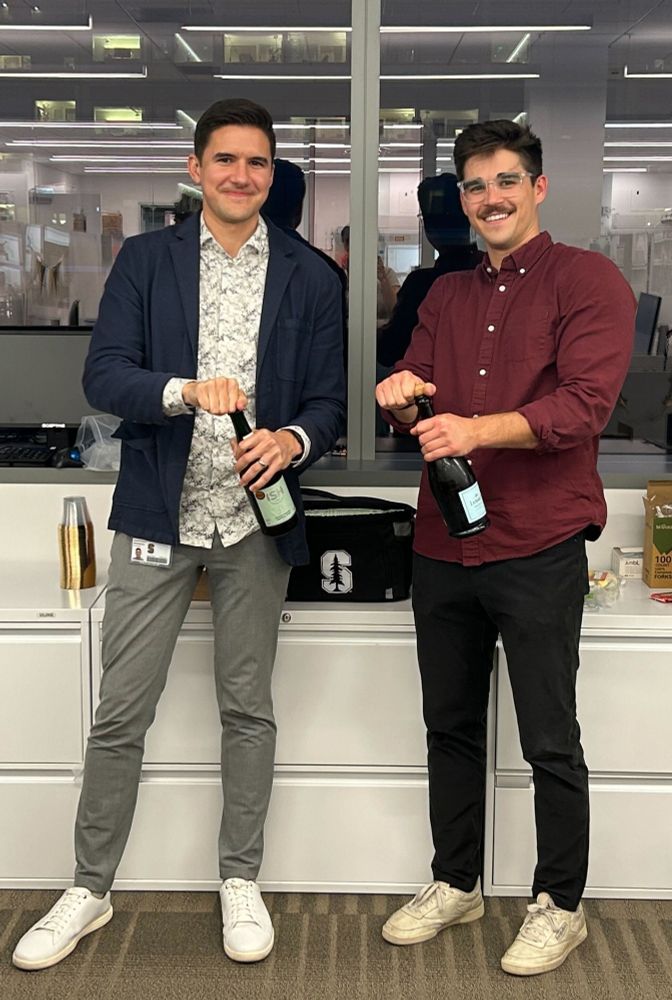
📖 Full interview here: bit.ly/AltemoseQB3
Proud to support 6 researchers with $90K + resources.
🔬Lareau: CRISPR for retinitis pigmentosa
🧪Hurley: Cancer inhibitors
✨Sherriff & Olzmann: Molecular glues
🥼Welch: Sleeping sickness
🧫Isacoff: Fast-acting antidepressants
Advancing innovation at Berkeley
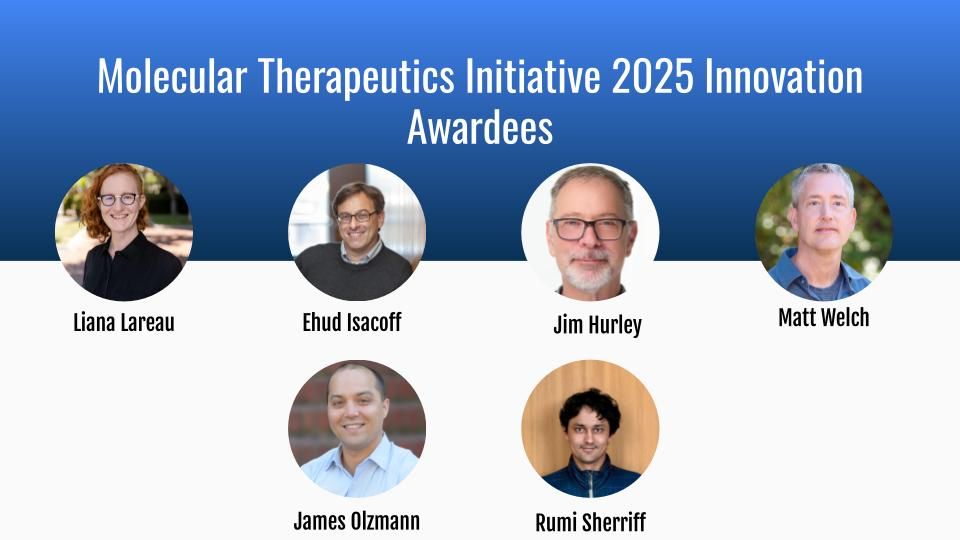
Proud to support 6 researchers with $90K + resources.
🔬Lareau: CRISPR for retinitis pigmentosa
🧪Hurley: Cancer inhibitors
✨Sherriff & Olzmann: Molecular glues
🥼Welch: Sleeping sickness
🧫Isacoff: Fast-acting antidepressants
Advancing innovation at Berkeley
Read the story from @fishfena.bsky.social, a postdoc in @fishspeciation.bsky.social's lab: bit.ly/QB3-fish 🐟
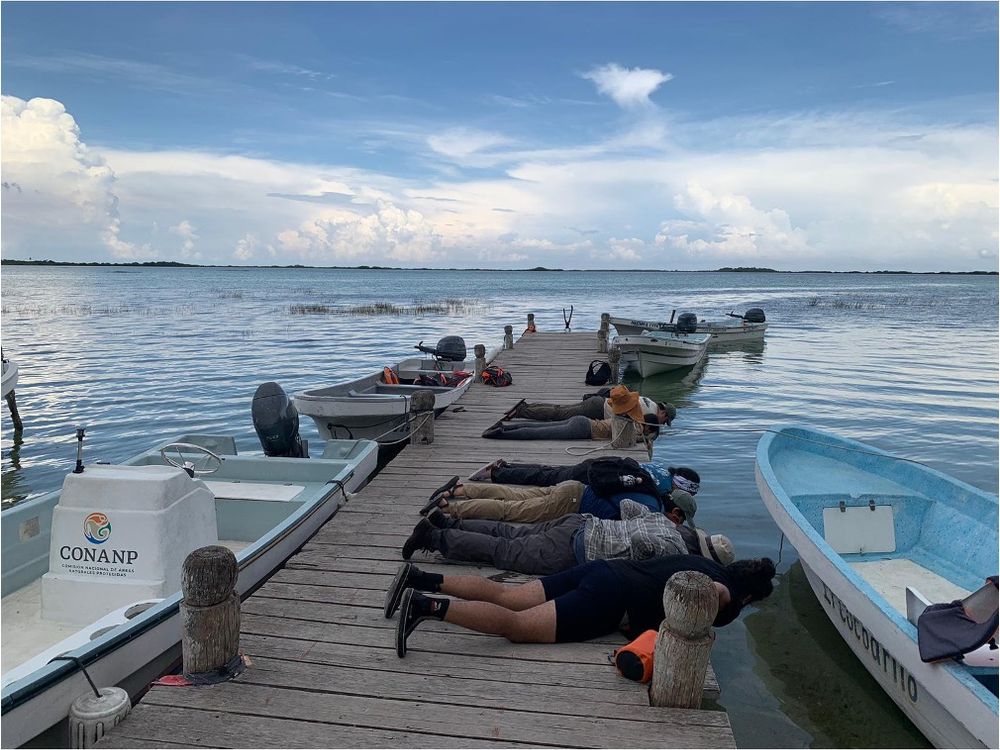
Read the story from @fishfena.bsky.social, a postdoc in @fishspeciation.bsky.social's lab: bit.ly/QB3-fish 🐟

Read the story from @fishfena.bsky.social, a postdoc in @fishspeciation.bsky.social's lab: bit.ly/QB3-fish 🐟
www.pnas.org/doi/10.1073/...
www.pnas.org/doi/10.1073/...
He chats with us about his recent paper in @pnas.org, overcoming research challenges, and more.
Read the story: bit.ly/m-duenas
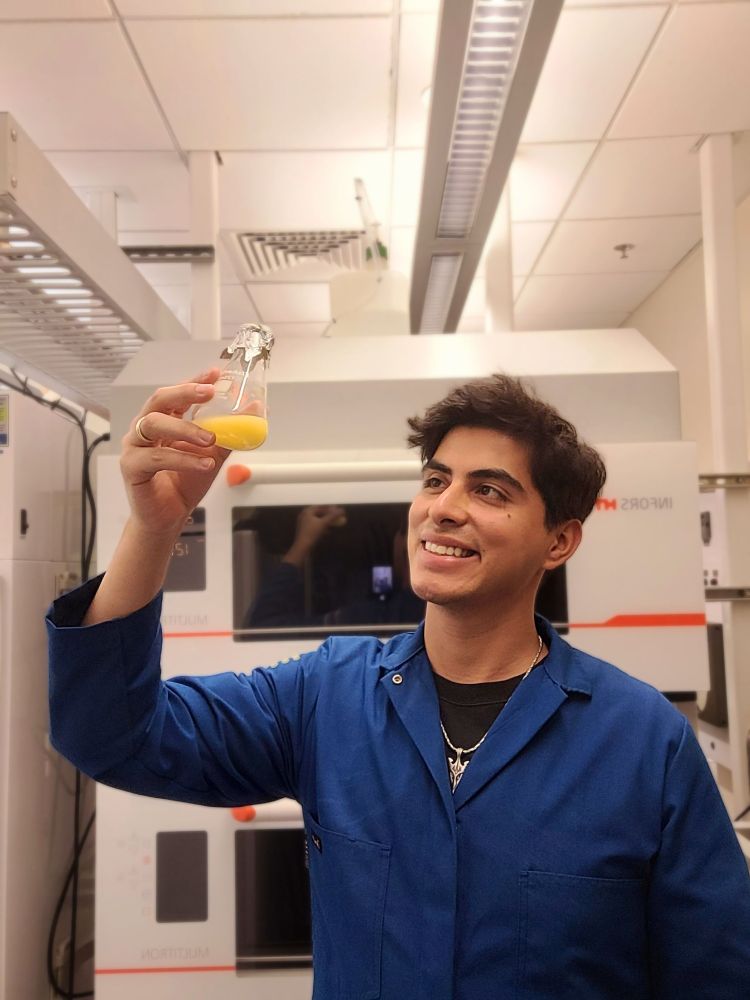
He chats with us about his recent paper in @pnas.org, overcoming research challenges, and more.
Read the story: bit.ly/m-duenas
Read more: bit.ly/Andreas-Stahl-QB3
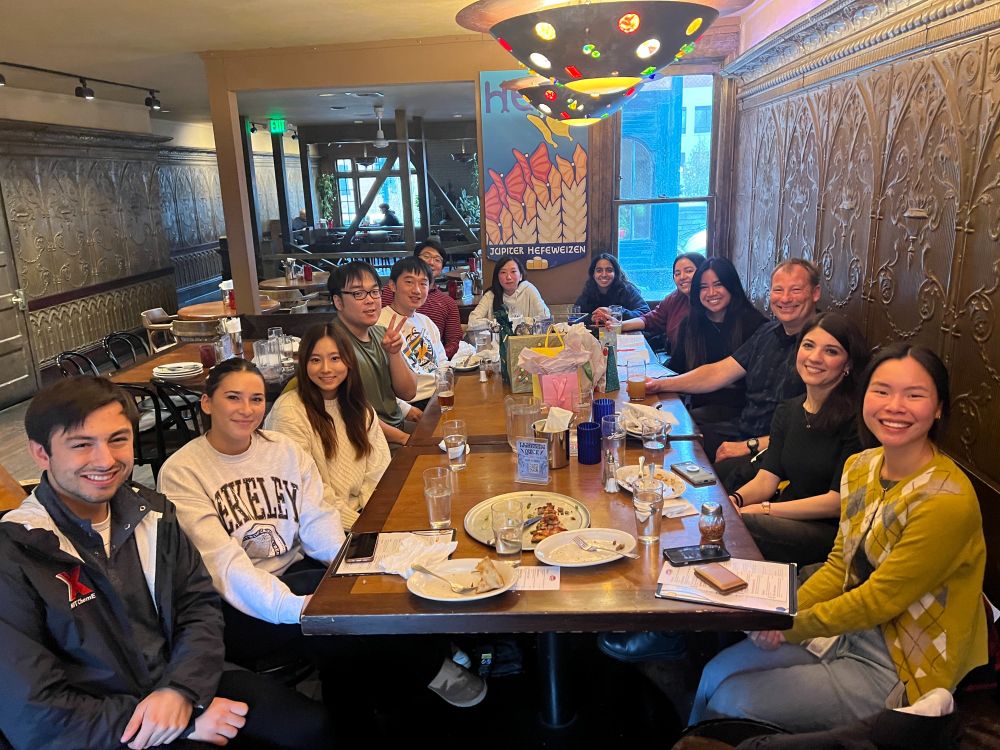
Read more: bit.ly/Andreas-Stahl-QB3

